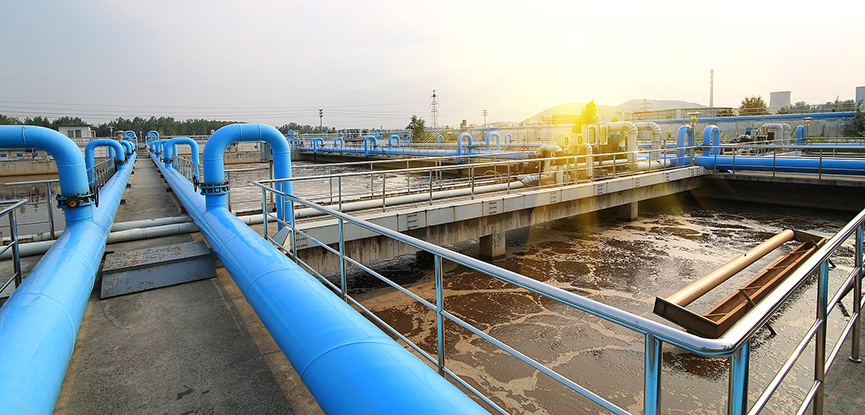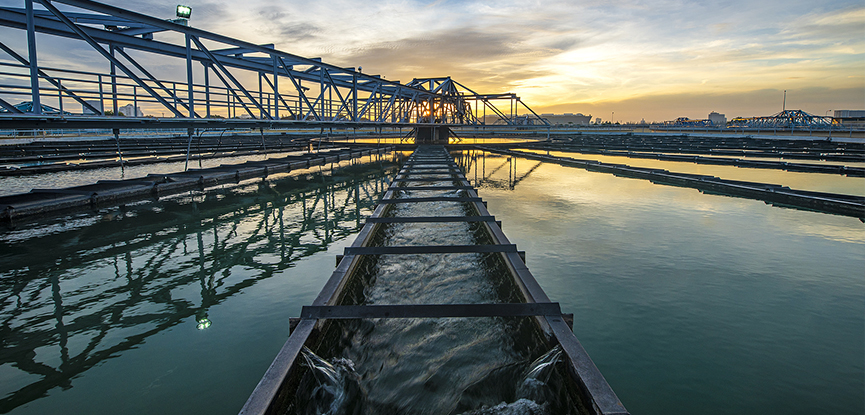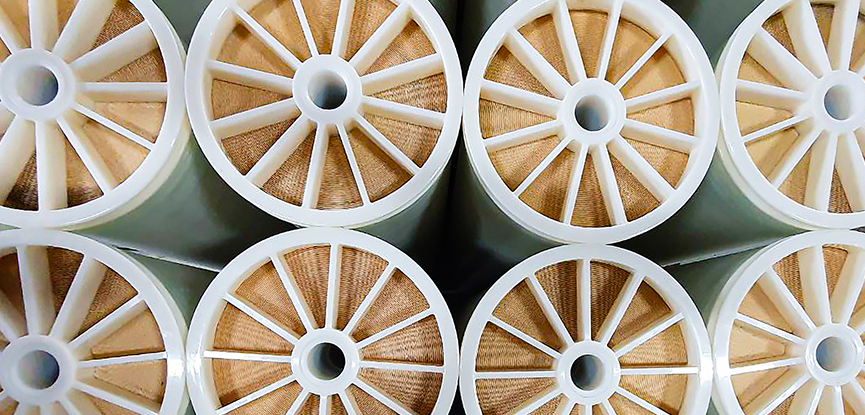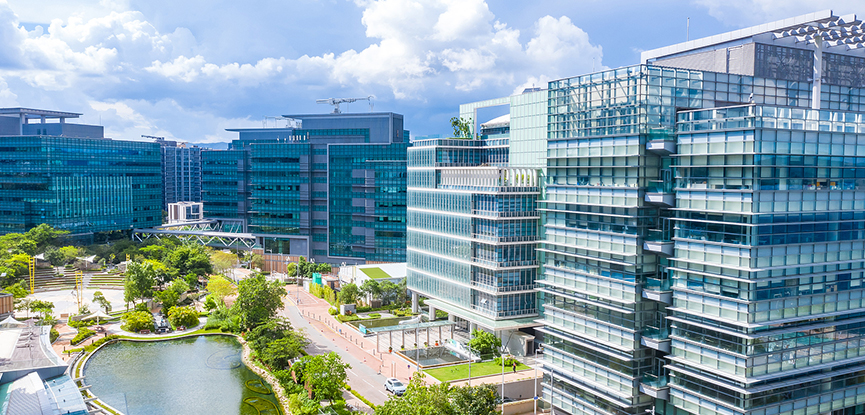
Seawater desalination refers to the process of removing salts from seawater through advanced technologies to produce potable freshwater. This technology plays a critical role in addressing freshwater scarcity in coastal regions and island communities.
Primary desalination methods include reverse osmosis and multi-effect distillation. As seawater constitutes the majority of Earth's water resources, desalination plays a pivotal role in sustainable water utilization.

Wastewater reclamation involves treating domestic sewage or industrial effluent to achieve non-potable water quality standards for reuse. This practice reduces freshwater demand and is extensively applied in urban green spaces, road cleaning and industrial processes.
As a key component of water industry operations, reclamation projects enhance overall water use efficiency.

Municipal water services encompass the construction and management of urban water supply/drainage systems, including raw water collection, treatment, storage and distribution, as well as wastewater collection, treatment and discharge.
These systems are essential infrastructure for safeguarding urban livelihoods and promoting sustainable urban development.


Fluid separation refers to the separation and purification technology for specific substances in industrial production.
This may include separating high-purity target substances from complex mixtures through membrane technology, distillation, crystallization, etc. This technology is used in many industries such as chemical, pharmaceutical and food processing.

The Smart Manufacturing Industrial Park integrates R&D, production, and administrative functions with a focus on intelligent manufacturing and marine economy development.
Equipped with advanced production facilities and smart management systems, it enhances domestic manufacturing competitiveness in high-tech sectors.